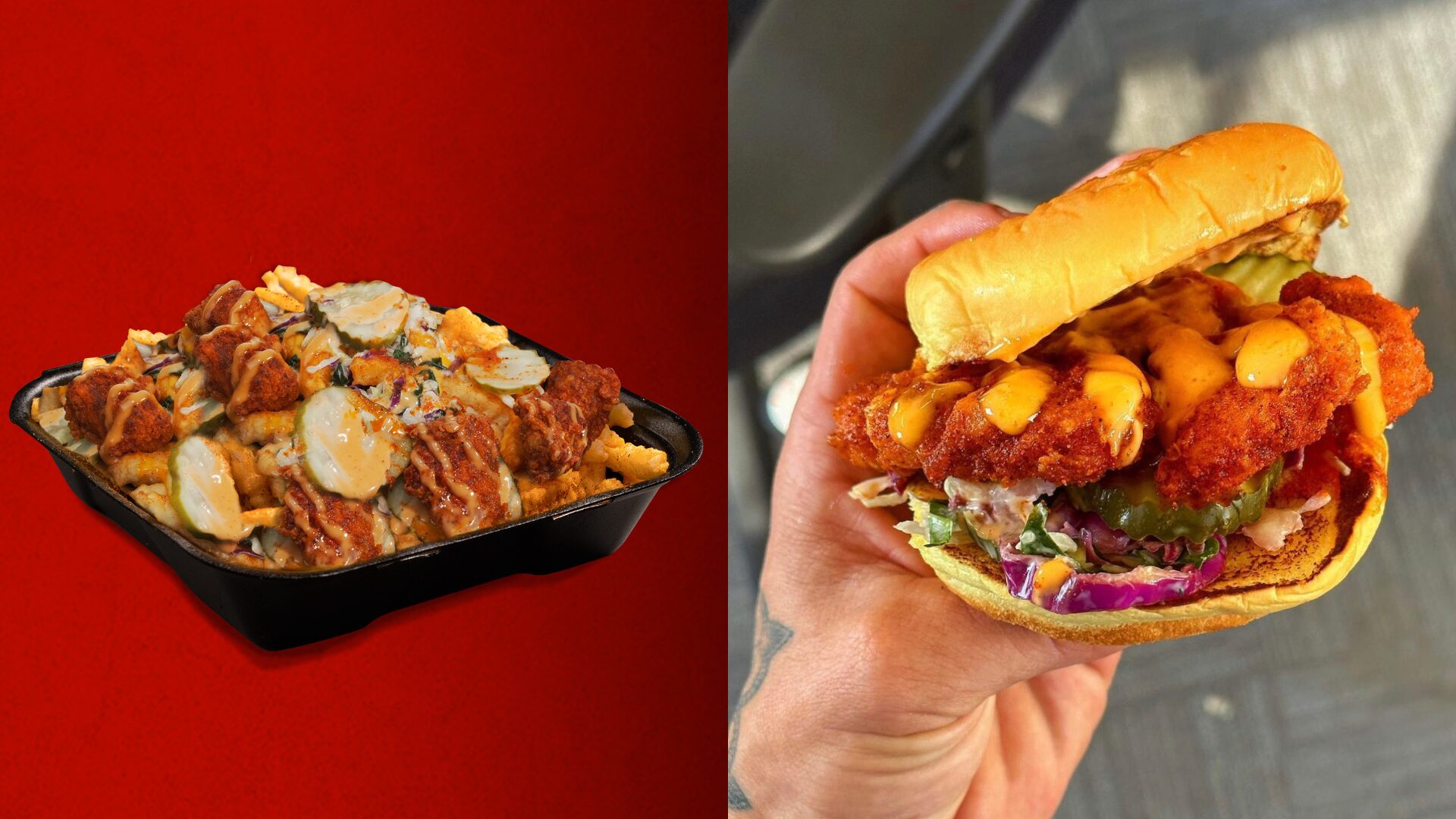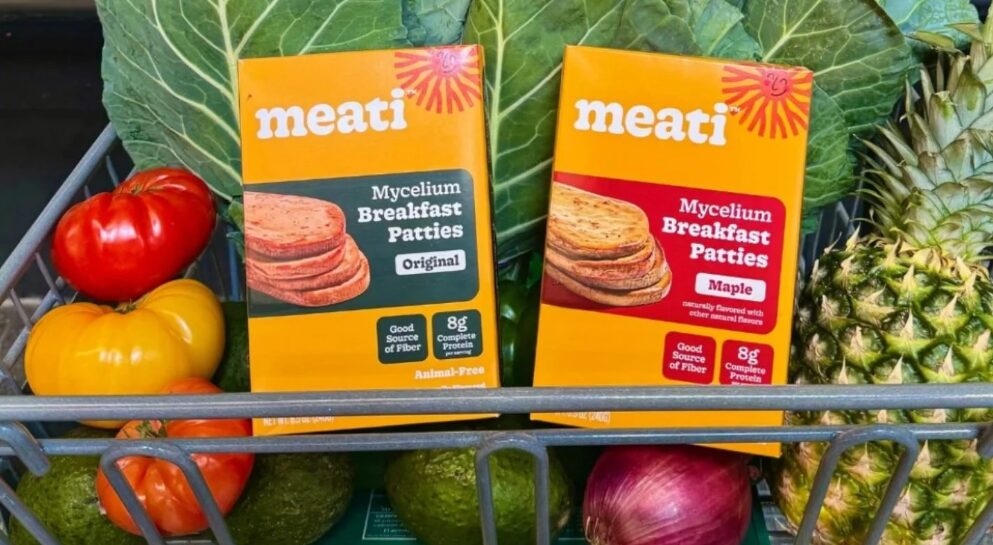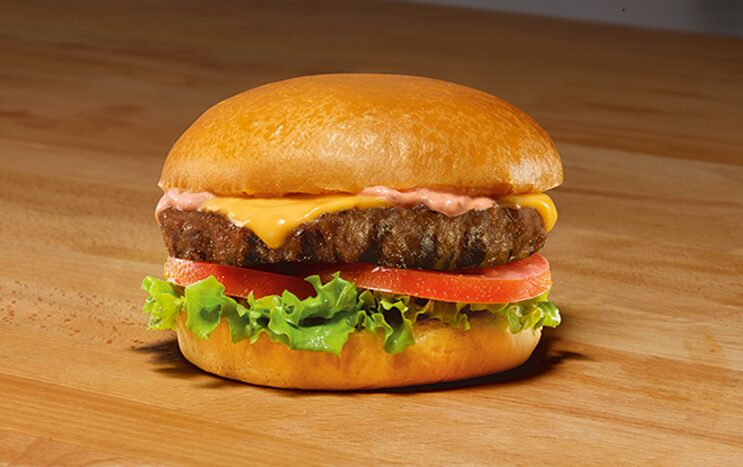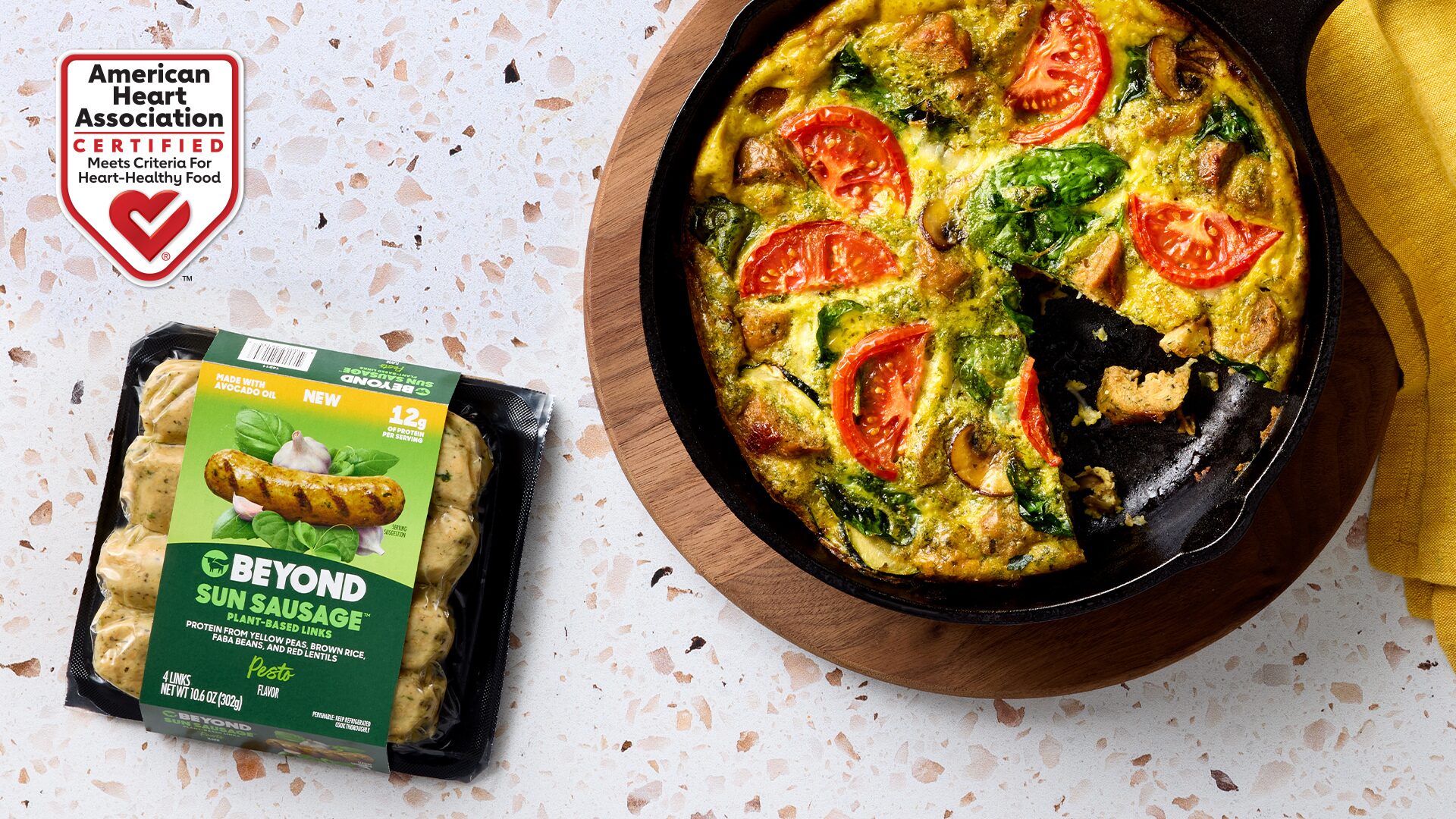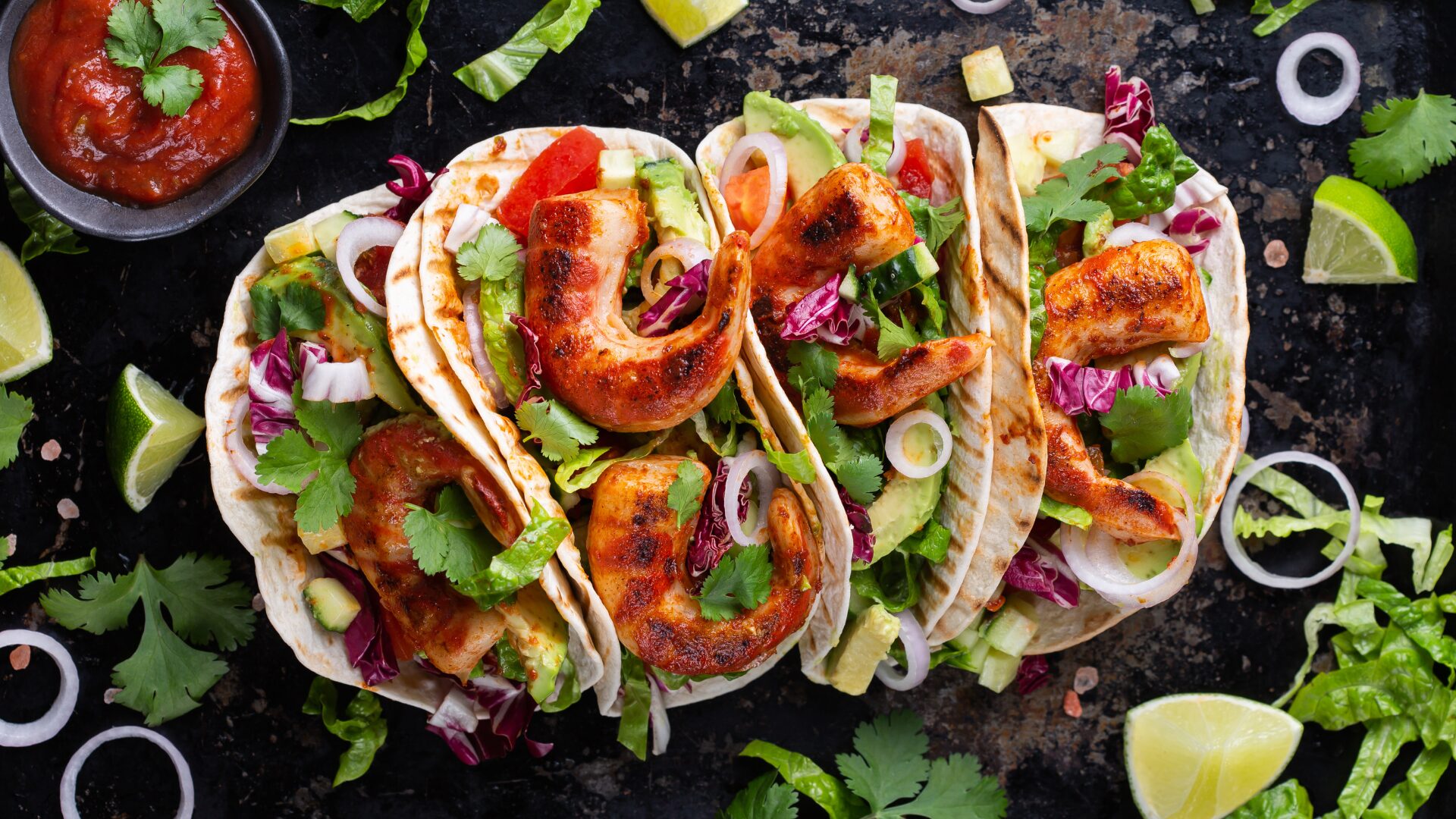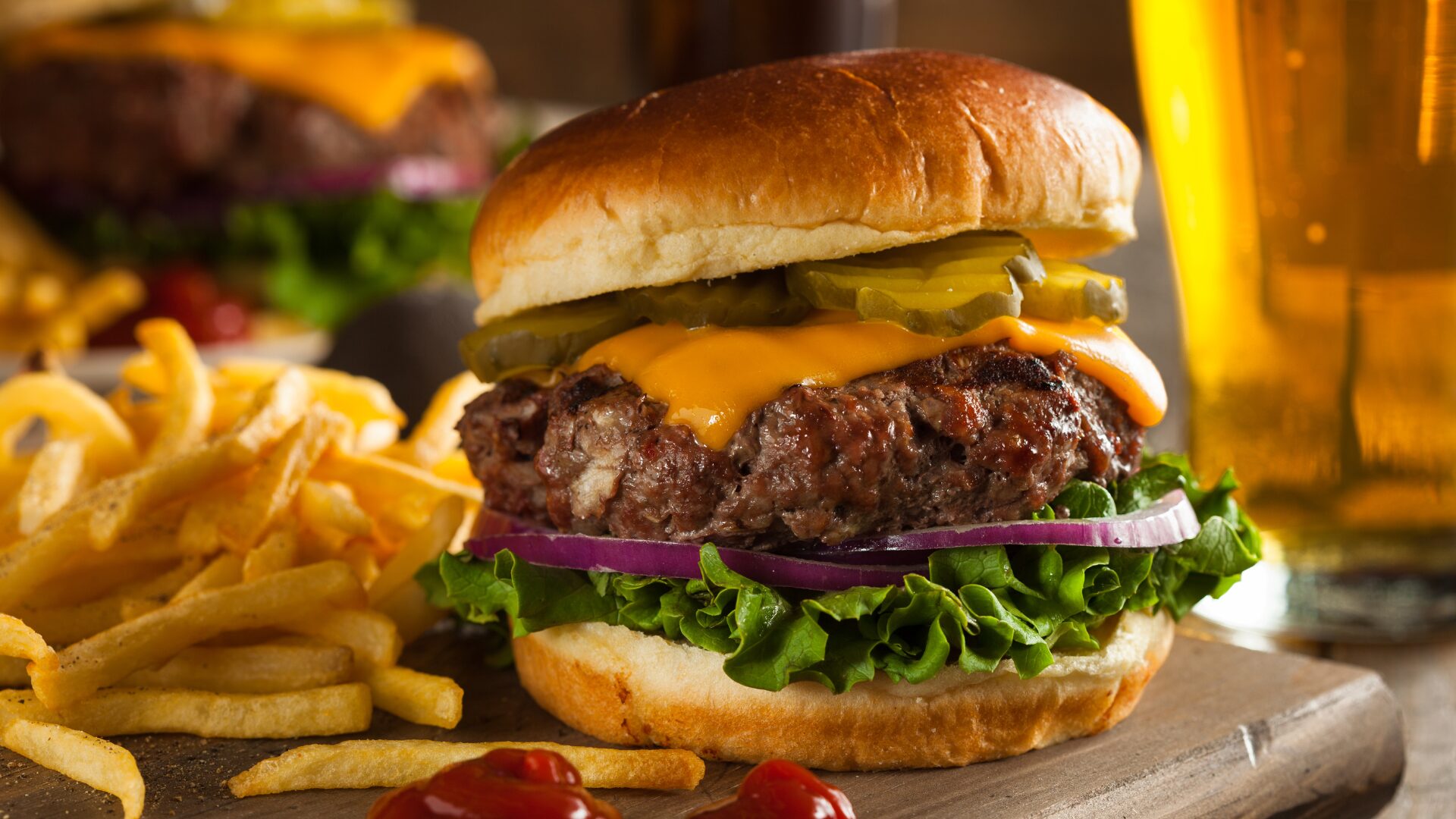Replicating bacon has been no small task for alternative protein producers, but new innovations in flavor and texture are bringing plant-based options ever closer to home.
“Plant-based bacon is going to have its moment in the spotlight in 2022,” said Ron McDermott, who co-leads the plant protein practice group, Greenhouse, at consultancy JPG Resources, in an email to The Food Institute. “Its animal counterpart has been a beloved staple at all mealtime slots – from a breakfast side to a topper on salads for lunch or baked potatoes at dinner.”
The same versatility has made bacon highly desirable — and challenging — to mimic.
“Alternative bacon replacements have existed for a while, but still skew to options for vegans and vegetarians instead of having a broader appeal to pull in flexitarians as well,” senior analyst Jennifer Bartashus of Bloomberg Intelligence told The Food Institute.
According to FoodThink research, two-thirds of U.S. consumers who identify as flexitarians and nearly three-fourths of consumers who follow a non-animal protein diet consider themselves foodies.
“Flexitarians are a dynamic group with constantly shifting tastes,” said Samantha Scantlebury, brand strategy director at Signal Theory. “They are hungry for information and innovation…and more open to trying new foods, recipes, and products.”
In terms of trackable sales, plant-based bacon has yet to emerge as a stand-alone category in retail. However, IRI data for overall plant-based breakfast proteins shows reception has varied widely — some products have strong repeat sales while others stall after the trial buy.
“It is important to really understand who is purchasing and make sure you hit that taste threshold that [consumers] are looking for, so they’ll not only buy it once, but they’ll come back again,” Sally Lyons Wyatt, EVP and practice leader at IRI, stated in a recent webinar Q&A.
Evolving Taste & Texture
As Bartashus notes, recent innovations in burgers and sausages – where fat plays an important role for texture and juiciness – may transfer well into faux-bacon’s development and help spur new products with wider appeal.
In January, veggie bacon maker La Vie closed a $28.3 million Series A funding round, marking the largest single alternative protein raise for a French food tech company to date.
Company CEO and cofounder, Nicolas Schweitzer, believes their success in developing a vegetable fat that “cooks, fries, infuses and browns” like animal fat will set La Vie apart from other brands.
“It was by giving people a taste of our products that we managed to put together this extraordinary round of financing,” Schweitzer told AFP.
Plant-based meats’ primary concentration in the “ground” category presents a further challenge to matching traditional bacon’s versatility across dayparts.
Bacon is one of the bigger segments of the whole-cut meat market, which accounts for about 80% of all meat sold in the U.S., Eben Bayer, CEO of MyForest Foods, told The Food Institute.
In April 2021, MyForest Foods (previously Atlast Food Co) closed a $40 million Series A funding round to boost production of its bacon analogue, which uses mycelium, a web-like root system from mushrooms.
“It’s critical that we create solutions for the entire whole-cut meat sector,” said Bayer. “Mycelium, is grown — not ground — so you’re biting into a texture that actually feels like biting into a whole cut of meat.”
Health Considerations
In addition to delivering on taste and texture, plant-based bacon will also need to offer nutritional benefits, like less fat, lower sodium, or more protein, said Bartashus.
“Consumers are growing more concerned with cleaner labels,” McDermott noted. “As the industry brings these new SKUs to shelves and food service partners, [options that cater to specialty diets] will prove to be key in successful integration.”
Restaurant Activity
Although plant-based bacon has yet to emerge as an independent sales category, Technomic Ignite Menu data shows plant-based pork — which includes bacon, bratwurst, and sausage alternatives — has grown 18.2% on menus over the past year, with 1.4% of operators menuing it as of Q4 2021.
Increased product availability at restaurants should help speed up trial and consumption, “such as an option for an Impossible Whopper or McPlant burger,” said Bartashus. “We’ve also seen great advances in pizza toppings like pepperoni and sausage that bode well for bacon.”
In September 2021, Beyond Meat launched a vegan pepperoni for Pizza Hut, following its 2020 plant-based sausage collaboration with Yum! Brands.
As Green Queen reported, the offering brings Beyond one step closer to vegan bacon — which founder Ethan Brown has listed among the “holy grail” of whole-cut meat products, along with chicken breast and steak.
“We have to make the product indistinguishable from animal protein,” Brown told The Wall Street Journal. “We have a lot of miles left before we get there.”






